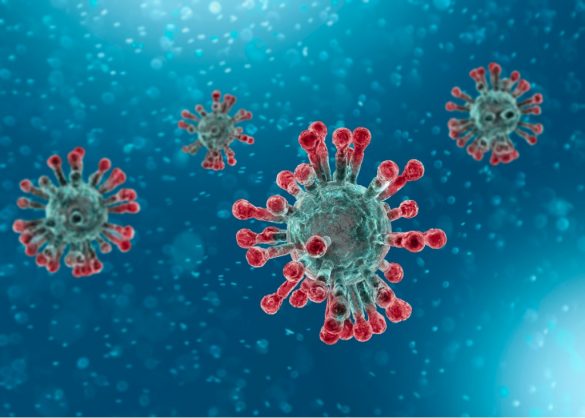32 Western Cape schools affected by existing or returning staff cases
The department repeated the need to practice screening procedures every day, and to quickly adapt to the ‘new normal’.
by News24 WireThe Western Cape education department has confirmed 32 schools in the province have reported positive Covid-19 cases among either a returning staff member, or staff who were already ill.
“Please note, however, that the number of schools with confirmed staff cases does not mean that they contracted the virus at the school, nor does it mean that the school is at risk,” said department spokesperson Kerry Mauchline on Friday.
“In many of the cases, the staff member has not even returned to school since schools reopened as they fell ill before returning.”
Mauchline added the department was inundated with requests to confirm the numbers, but wanted to clarify the context at each school.
“While we understand that the public is entitled to be informed of developments in the province, we also have a duty to ensure that information given does not compromise the confidentiality of our staff or learners, and that individual schools are not stigmatised.
“Our staff is under enough stress without their individual schools being named in the media, which will also lead to further enquiries and added pressure.”
Manage
She said each case would have unique facts associated with it, which the schools would manage individually.
“Parents and staff at a school have the right to know about any case at their particular school, and thus schools are expected to keep staff and parents informed of the developments related to Covid-19, and the steps that have been taken to ensure their safety.”
The department has also issued guidelines on how cases must be managed at schools.
Screened
“Each staff member and learner must be screened on arrival at school. Screening is a simple process that involves asking them a short list of questions about symptoms as well as recording their temperature. Screening is not a process requiring specialist health officials.”
Mauchline said the screening process was effective, as one case was picked up of a returning staff member at an unnamed school, who had since tested positive.
If the staff member or pupil concerned has already been inside the school, the areas where they were present must be sanitised.
“Other staff members or learners who have been in direct contact [e.g. a handshake or hug] will need to self-isolate for 14 days since their last contact. This does not necessarily require the closure of the entire school – in each case an evaluation is made of the number of direct contacts and the areas where they were present,” she added.
Returning
Schools would need to adapt to the “new normal” as pupils return, with all these new procedures in place – both at schools and in department offices.
The department repeated the need to practice screening procedures every day, and to quickly adapt to the “new normal”.
This includes maintaining safe physical distances and practicing the hygiene and safety protocols indicated by the department to protect both teachers and pupils.
“The best way to counter the spread of the virus is to follow consistent safety procedures to keep staff and learners safe,” Mauchline said.
